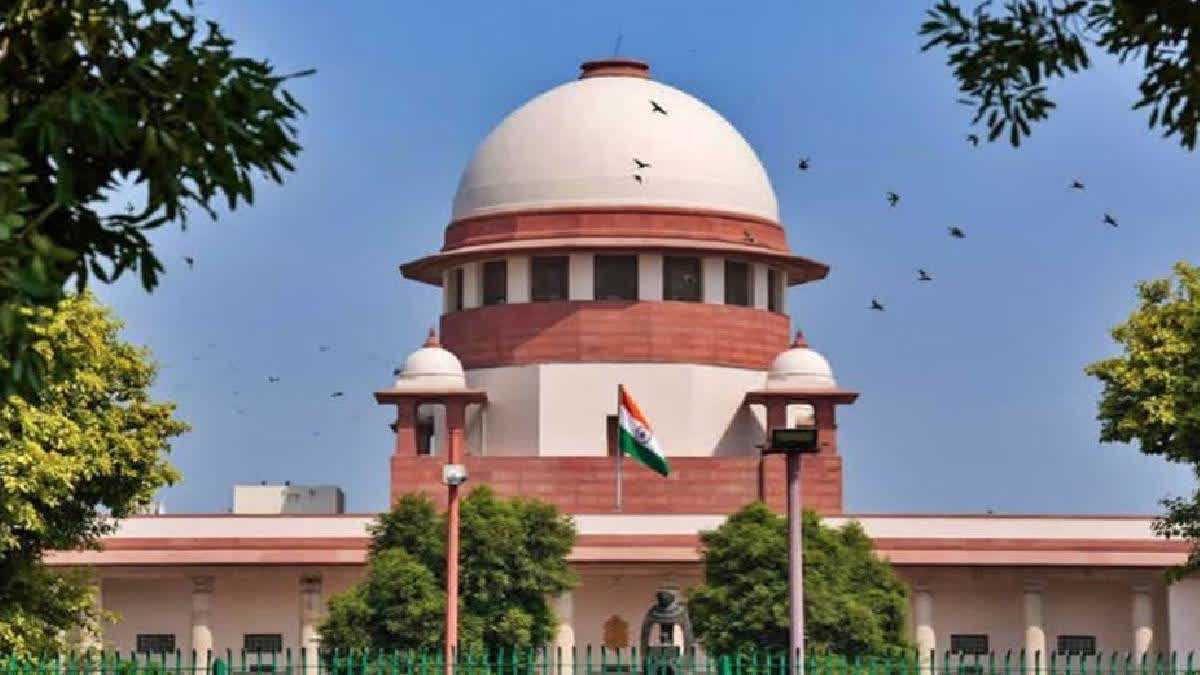New Delhi:The Supreme Court has said that the right to maintenance of wife and children is commensurate with the right to sustenance and this right is a subset of the right to dignity and a dignified life, which in turn flows from Article 21 of the Constitution.
A bench of Justices Surya Kant and Ujjal Bhuyan said: “The right to maintenance is commensurate to the right to sustenance. This right is a subset of the right to dignity and a dignified life, which in turn flows from Article 21 of the Constitution of India”
The bench said the right to maintenance of wife and children would have overriding effects over claimants in any recovery proceedings under the SARFAESI Act and IBC Code. “In a way, the right to maintenance being equivalent to a fundamental right will be superior to and have overriding effect than the statutory rights afforded to Financial Creditors, Secured Creditors, Operational Creditors or any other such claimants encompassed within the Securitization and Reconstruction of Financial Assets and Enforcement of Securities Interest Act, 2002, the Insolvency and Bankruptcy Code, 2016 or similar such laws”, said the bench, in an order passed on December 10.
The apex court rejected a plea by a man, who owns a diamond factory. The appellant contended that he has suffered losses in business and his income has substantially reduced and faced recovery proceedings. The appellant contended that he was not in position to pay the maintenance of Rs one lakh to the wife and Rs 50,000 each to two children as fixed by the Gujarat High Court.
The bench directed the appellant man to pay the maintenance sum of Rs 50,000 to the wife and Rs 25,000 each to the children per its order passed on November 7, 2022. “Taking into consideration the totality of the circumstances, we are of the view that the tentative maintenance, as granted by us vide order dated 07.11.2022, will be just and fair, as of now, for the sustenance of the respondents”, said the bench.
